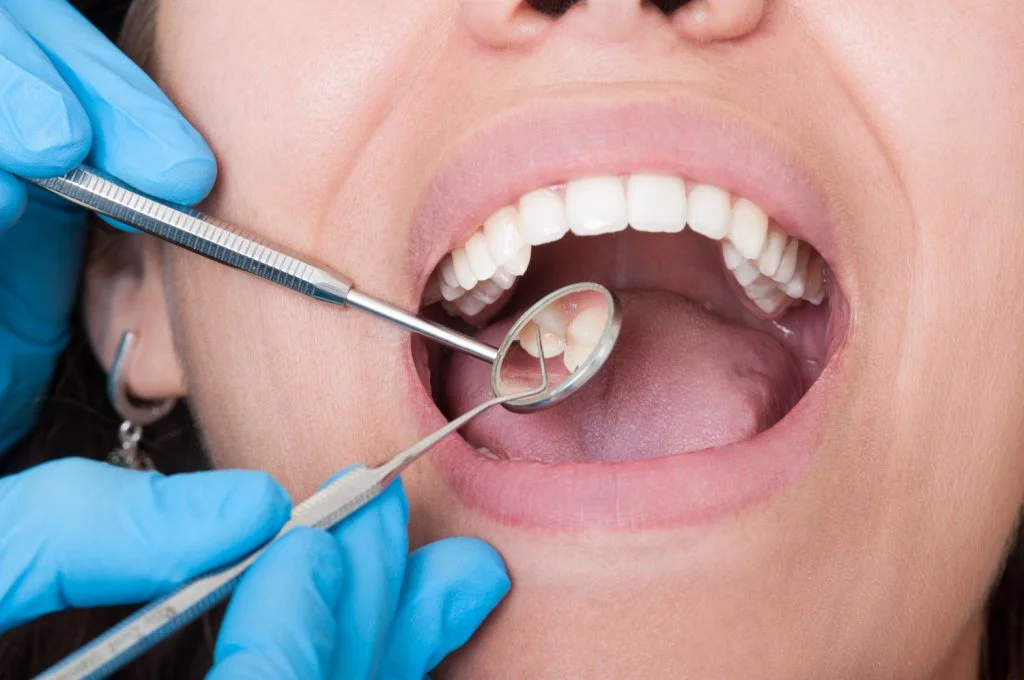The success of Dental Implants is dependent on correct and continual management of certain risk factors associated with obtaining treatment. It can be detrimental to ignore these risk factors and not take care of teeth implant treatment.
Discover our success for our patients in London, Cambridgeshire and Hertfordshire.
Risk factors that reduce success of Dental Implants:
- Smoking. This prevents and inhibits healing around the implant especially when infected tissues exist.
- Previous history of gum disease. This predisposes you to future disease if your oral hygiene has not been maintained. More information.
- The design, manufacture and surface of implant. There are so many different types of teeth implant systems on the market, that the type of dental implant chosen must be done so with extreme care. You need to have the correct system that is compatible with your mouth. Find out more.
- The experience of the clinician placing the implant. You will be pleased to know that we have hand-picked the clinician that does our Implant work. Our Implant Team follows strict protocols of safety and patient care.
- The design of the teeth (crown, bridge and denture). This is where the experience of the dentist London comes into play. Our cosmetic dentists and general dentist London will carefully devise an appropriate Treatment Plan of action that is suitable for your specific circumstances. Click here.
- Continued Maintenance (annual maintenance recommended). This is where the dentist is able to check that there is no deterioration of any treatment that you may have had done. We need to make sure that we can intervene immediately the moment we notice any such deterioration. Read about the maintenance process.
Maintaining oral health after treatment
Films of bacteria called Biofilm start to appear on implants as quickly as they do on teeth. The major problem is that this biofilm on implants is resistant to antibiotics and antiseptics.
Hence, the biofilm can damage the tissues that keep the implant in place. Thus, the accuracy of your cleaning of your teeth and implants is very vital. Click here.
Dental Implant placement requires the patients gums to be healthy prior to implant placement and at least 6 months healing period allowed after any gum (periodontal) treatment. See: Care required before implant.
If you already have dental implants, we would be happy to carry out a detailed examination to make sure that your implants are secure.
Also, if you feel that you have missing teeth and gaps we would be happy to carry out a detailed examination to evaluate your suitability for dental implants.
Risks involved with Dental Implant Treatment
It is important to know that the dental implant procedure is an invasive surgical treatment.
Hence, as with any type of surgery or operation, there are risks that should be taken into account:
- There may be a risk of infection. We perform all treatments under strict sterile conditions following stringent protocols to ensure the best possible outcome for the surgery. We also provide prophylaxis antibiotic treatment either before or after treatment in many cases.
- There is the risk of some pain, bleeding, bruising, swelling and discomfort as a result of any invasive surgical procedure. This is variable from person to person. We carefully monitor your progress for healing with follow-up.
- Dental surgical procedures, performed in the back of the lower jaw, run a risk of damage to nerves supplying the lower lip and jaw. Damage to these nerves may cause a temporary or, in rare circumstances permanent numbness to the cheeks, lips or tongue area.
- Failure of dental implant osseointegration. This is the primary risk of this treatment. It is the failure of the bone tissue to integrate and connect to the titanium implant. We always wait for a few months after the surgical placement of the implant anyway to check that this stage has occurred. However, in some rare situations, it may not. Your dentist will then advise you as to the appropriate course of action. In many situations, if osseointegration does not occur, it is often best to remove the implant, wait for the area to heal for 3 months, and then repeat the procedure.
- Fracture of supporting bone. This can happen if the bone is thin, or if there is a deficiency of the bone. If this occurs we usually refrain from placing the implant on that day. We will then wait 2-3 months and consider repeating the procedure or consider adding more bone by bone grafting techniques. Find out more.
- Perforation into the sinus areas of the upper jawbone. This may lead to sinusitis or other minor complications. This complication is rare as we carefully measure the bone available on the radiograph (x-ray) prior to implant insertion.
- For the upper central incisor area, an extremely rare complication is the deviation of the midline nasal cartilage causing a slight deviation of the nose. This can be corrected.
Related Posts
CALLS FOR MORE GUIDANCE ABOUT DENTAL IMPLANTS
The government is planning to make the public more aware of the risks of rushing into dental implant surgery, according to an article on dentistry.co.uk. Discover our success.
With an increasing amount of people opting for the treatment – which involves a titanium screw being inserted into the jaw – there has also been a rise in online adverts for cheap same-day procedures, as well as patients traveling abroad to pay a lower price for the treatment.
PERI-IMPLANTITIS
Will dental implants last a lifetime? Once the implant has fused with your jawbone and tissues, the artificial titanium implant acts as an ordinary root.
The longevity of your implant depends on how you improve and maintain your oral health.


